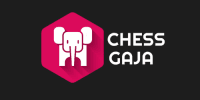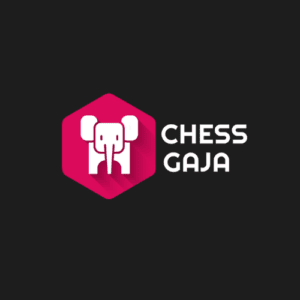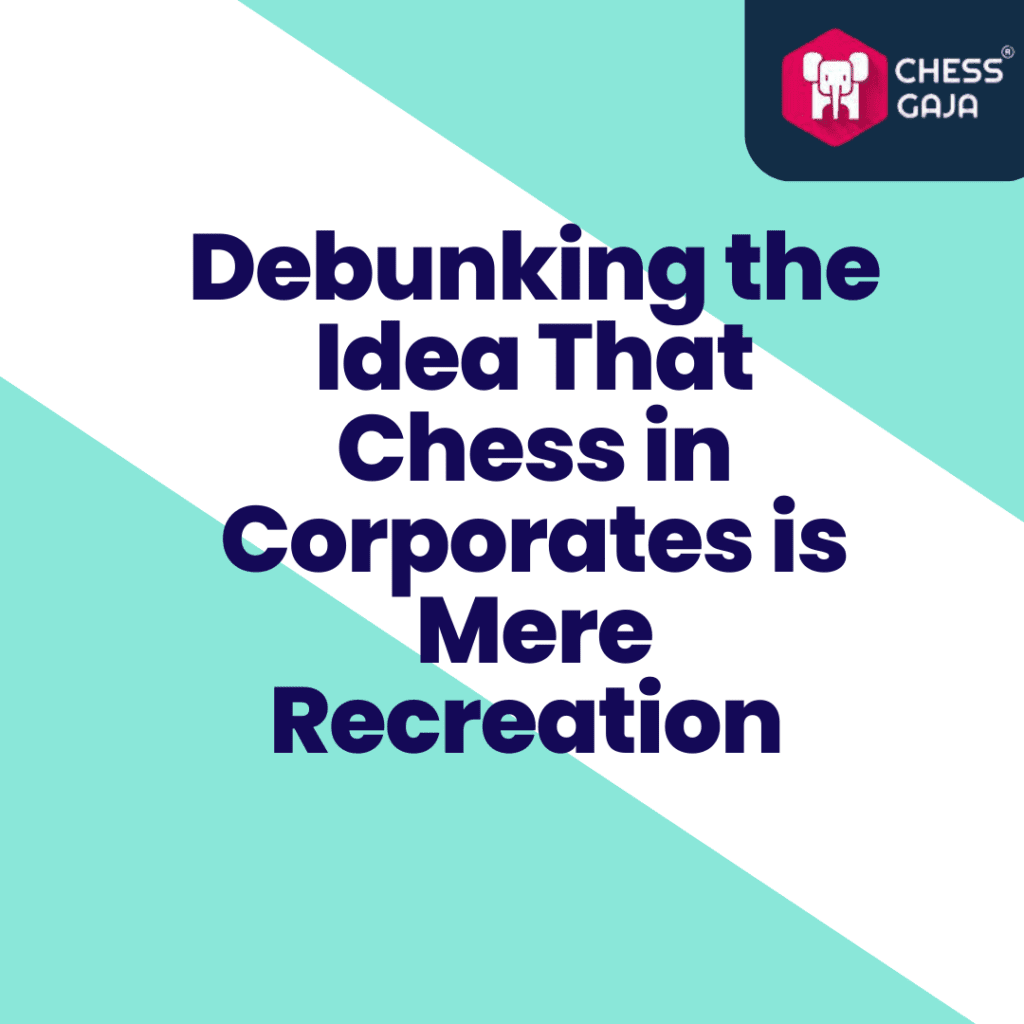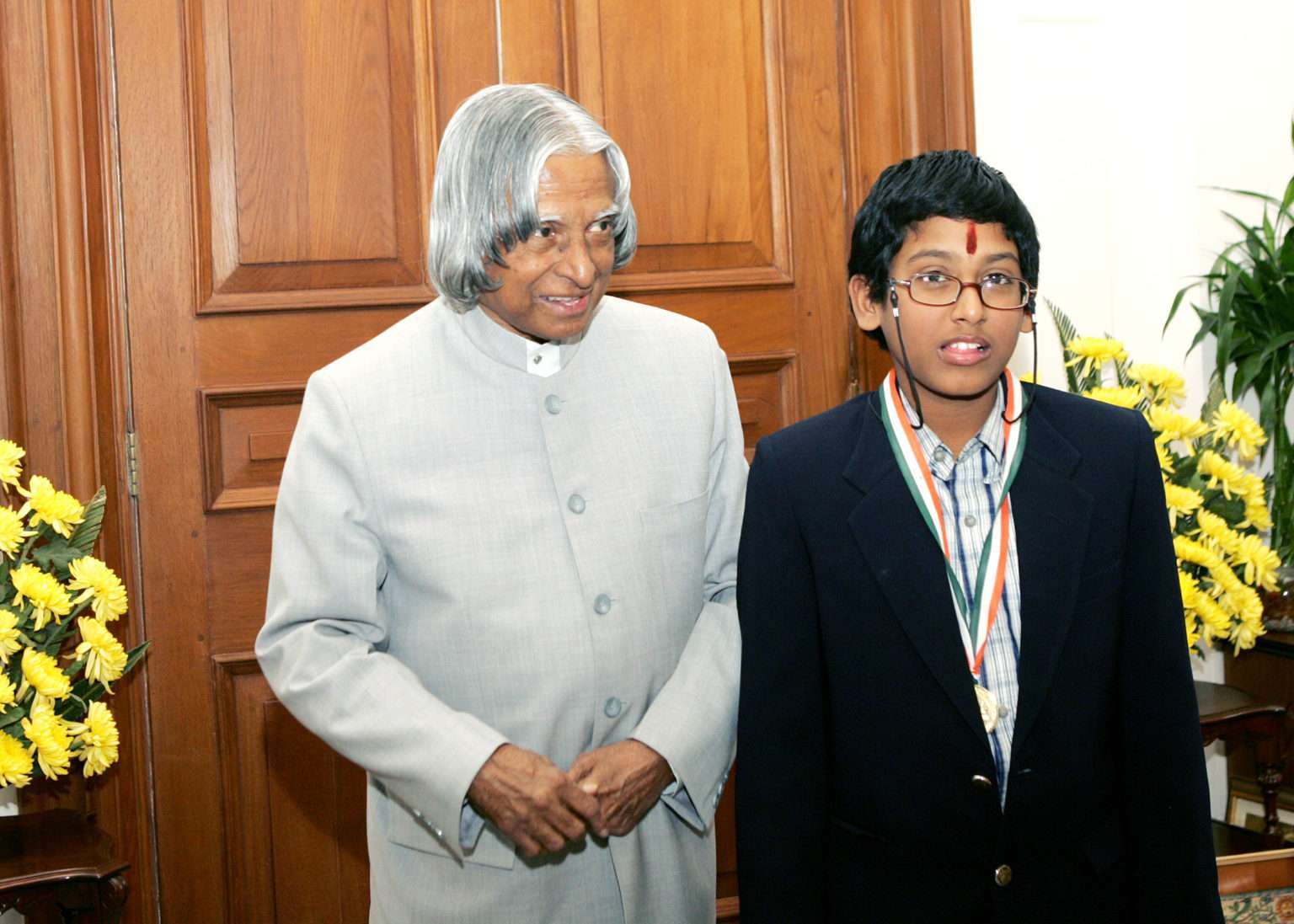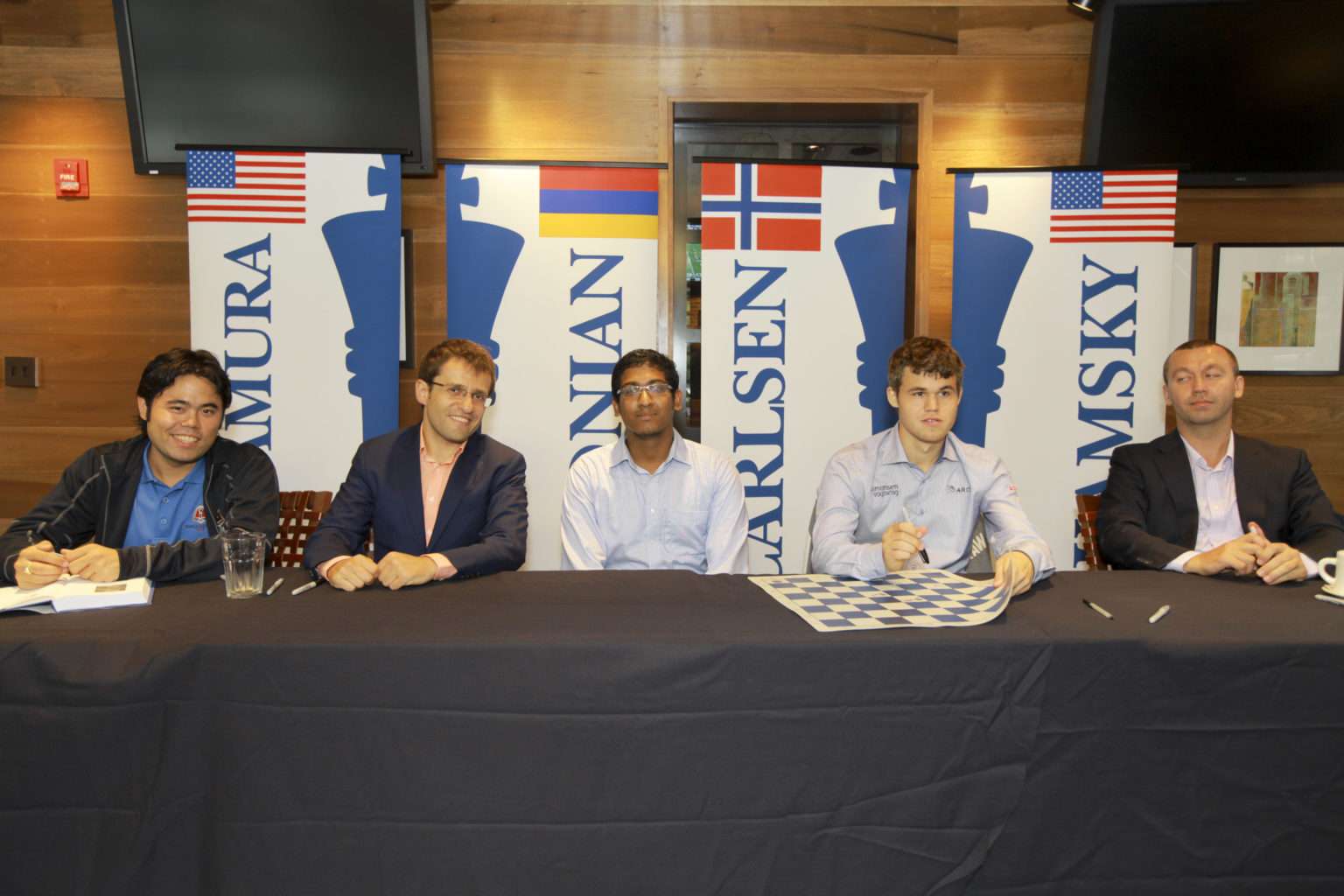Chess, often labeled as a recreational activity, has long been overlooked as a tool for corporate success. While it is true that chess can be a fun and engaging pastime, its benefits extend far beyond mere recreation. In fact, chess has proven to be an effective means of enhancing productivity, developing critical thinking skills, and fostering a competitive edge. In this article, we aim to debunk the misconception that chess in corporates is merely a recreational activity, shedding light on its potential for adult chess improvement and its positive impact on professional development.
The Mind-Boosting Power of Chess
Chess is often referred to as the “game of kings,” owing to its strategic nature and rich history. Beyond its regal association, however, chess possesses numerous cognitive benefits that can be harnessed by individuals seeking to improve their mental acuity and productivity. Playing chess regularly can help exercise and strengthen various cognitive functions, such as problem-solving, critical thinking, pattern recognition, and decision-making skills.
Research has shown that chess players tend to have higher IQ scores and enhanced cognitive abilities compared to non-chess players. The game requires players to think several moves ahead, evaluate multiple possibilities, and make calculated decisions based on limited information. These mental exercises are transferable to the professional world, where quick thinking and strategic planning are essential for success.
Furthermore, chess also stimulates both sides of the brain, promoting whole-brain thinking. This integrated thinking style can lead to improved creativity, better problem-solving approaches, and enhanced communication skills. By engaging in chess as a regular activity, adults can tap into these cognitive benefits and improve their overall productivity in their corporate endeavors.
Chess and Strategic Thinking
Chess is essentially a battle of wits, where success hinges upon one’s ability to think strategically and anticipate an opponent’s moves. This aspect of the game is highly relevant to the corporate world, where strategic planning is a cornerstone of effective decision-making and leadership.
One of the key aspects that chess teaches is the importance of considering the consequences of every move. In chess, a player’s decision can have a ripple effect on the entire game. Similarly, in a corporate setting, decisions made by individuals at all levels can significantly impact the organization as a whole. By honing their strategic thinking skills through chess, employees can become adept at considering the long-term implications of their actions, thus making more informed decisions.
Chess also teaches individuals the value of patience and persistence. In a game that may last for hours, players must remain focused, maintain composure, and adapt their strategy as the game evolves. These qualities are invaluable in a corporate environment where challenges can be long-term and complex. By developing these traits through chess, employees can cultivate the resilience and adaptability required to overcome obstacles and achieve success in their professional lives.
The Connection between Chess and Productivity
Contrary to the idea that chess is a mere recreational activity, it can actually enhance productivity in various ways. Engaging in chess during breaks or leisure time can act as a mental refresher, allowing individuals to recharge their minds and return to work with renewed focus and clarity.
Moreover, chess also improves concentration and attention span. In today’s fast-paced corporate world filled with distractions and multitasking, the ability to maintain focus for an extended period is highly valuable. Chess helps train the mind to stay concentrated on a single task, developing the capacity to filter out distractions and improve overall attention span.
Furthermore, chess instills a sense of discipline and time management. The game requires patience, strategic planning, and adherence to rules and guidelines. These qualities translate seamlessly into the professional realm, aiding individuals in managing their time effectively, prioritizing tasks, and maintaining discipline in the face of challenges.
Boosting Team Dynamics with Chess
Chess is often seen as an individual sport, but it can also be a powerful tool for team building and fostering healthy competition within corporate settings. Organizing chess tournaments or team matches can bring employees together, fostering camaraderie and promoting teamwork.
Playing chess in a team setting encourages collaboration, as individuals can discuss strategies, analyze positions, and contribute to the overall success of the team. This collaborative spirit can then extend beyond the chessboard and permeate the workplace, leading to improved communication, cooperation, and synergy among colleagues.
Furthermore, chess tournaments or friendly matches can be an excellent outlet for stress relief and enhancing employee well-being. Engaging in a mentally stimulating activity like chess can help employees relax, refocus their minds, and alleviate stress, ultimately leading to increased overall job satisfaction and productivity.
Conclusion
Chess, often dismissed as a recreational game, holds untapped potential as a tool for adult chess improvement and professional development. By engaging in regular chess activities, individuals can cultivate essential cognitive skills, such as critical thinking, strategic planning, and problem-solving. Chess also contributes to improved productivity, concentration, time management, and team dynamics within corporate environments.
So, if you are an adult or corporate employee looking to enhance your productivity and gain a competitive edge, consider incorporating chess into your routine. Embrace the intellectual challenges and strategic thinking opportunities that chess offers, and watch as your professional growth soars to new heights.
